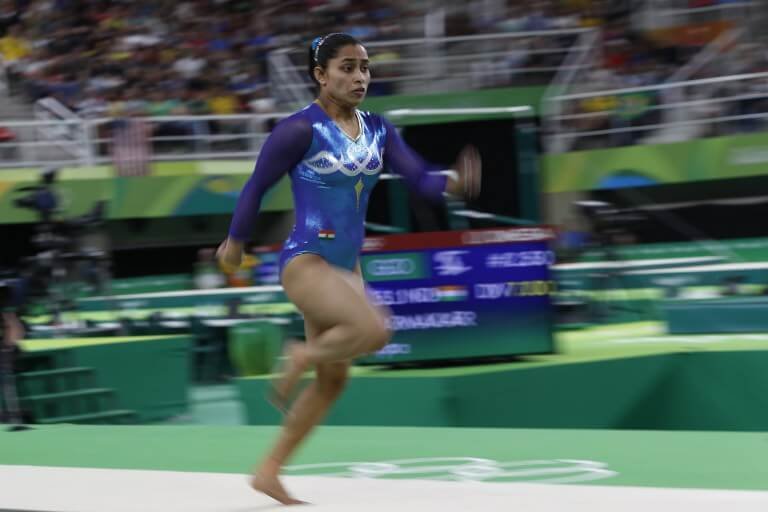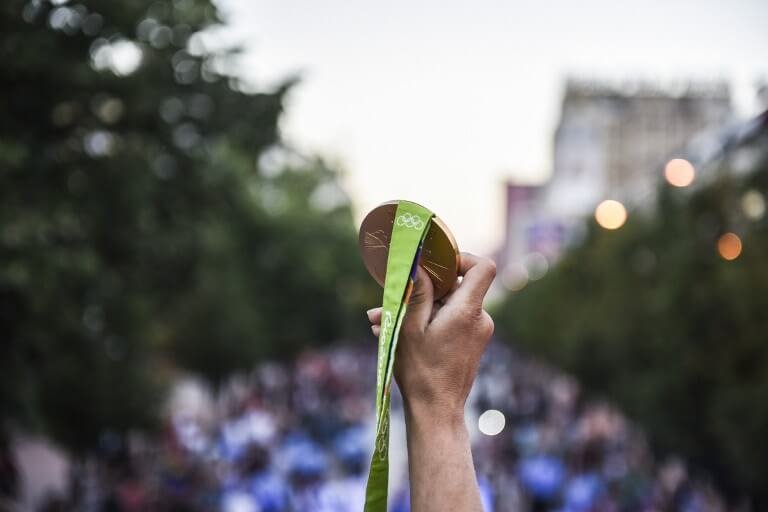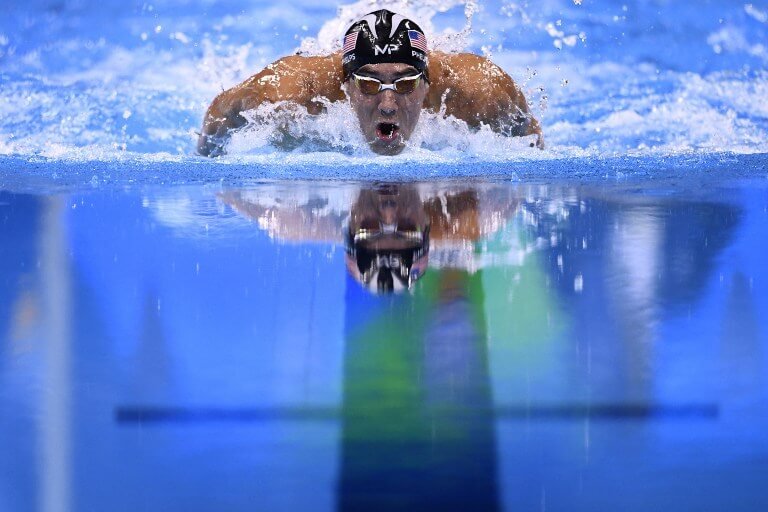Fiji, Kosovo, Puerto Rico, Singapore, Vietnam, North Korea. What do they have that India doesn’t?
A gold medallist.
Estonia, Kyrgyzstan, Portugal, Tunisia, United Arab Emirates. What do they have that India doesn’t?
A medallist.
As Dipa Karmakar was taking part in the vault final, PM Modi’s words resonated deeply: “India is ‘phenomenally proud’ of its athletes.”

But as Dipa fell just short of a place on the podium, one also couldn’t help wondering what is holding back these athletes that India is ‘phenomally proud’ of — why can’t a fourth become a third or a second or a first? Why do we always miss out?
Is it scouting? Is it support? Is it infrastructure? Is it a sports minister who doesn’t know sport? Is it officials? Is it genes? Is it technology? Or is it a deadly combination of all these factors.
From six medals in 2012 (an all-time high) to the very real chance of coming back empty-handed, India should be worried. We have spent more money, our athletes have had more exposure, non-profit organisations like OGQ, JSW Sports and Go Sports have sprouted to help our athletes — yet, we are struggling. Worse, it seems like we are regressing.
Dipa’s fourth place needs to celebrated — it has come against the odds and in a sport that India has no tradition in. No Indian gymnast before her has made it to the Olympic finals. But what about the rest? A squad of 118 athletes should have more to show.
The performances we are witnessing in the Olympics are a true reflection of the kind of effort athletes put in over four years. Let’s not be delusional and say that our athletes did not have the luck of the draw or that they were unlucky. Winning the gold requires a rare, almost manic kind of determination. Abhinav Bindra embraced that method in 2008 and the results showed. The rest clearly haven’t.

Too often India relies on heart to carry them through, but as the athletes from Kosovo, war-torn and under tonnes of rubble; and Singapore, a city-state, have shown: winning also requires a plan.
A plan that identifies athletes and sends them to the right place to train. Like Singapore’s 100m butterfly gold medallist Joseph Schooling, who moved to the United States for extensive training at 14: attending the University of Texas, a team that is coached by Eddie Reese. Reese previously served as the men’s head coach for the United States’ Olympic Swimming Team in 2004 and 2008, and as assistant coach at the 1992, 1996, 2000 and 2012 Summer Olympics. Schooling trained with a singular goal in mind… and in 2016, he beat Michael Phelps.
A plan that hopefully doesn’t involve wanting to dope one of your medal hopes. The Narsingh Yadav saga showcased just how bad a place Indian sport finds itself in. We are not a country that does well in the Olympics and to change that, we need to come together as a team. Instead, some at least, were prepared to stoop low enough to try and dope a fellow athlete.
‘Digital India’ doesn’t just have to be about startups. It can also mean using technology to give your athletes an edge. The US swim team used BMW to help track the kick of their swimmers. British boxers used data analysis to break down their opponents. German sailors used it to analyse the effect of the currents on their boats. Every little thing helps.

Training methods have to be adapted to make athletes do whatever it takes to win — Phelps had a crazy work ethic. He trained seven days a week because he believed that extra day (most swimmers typically train six days per week) would give him the edge he needed. In Phelps’ own words: “I think goals should never be easy, they should force you to work, even if they are uncomfortable at the time.”
And finally, there has to be a plan that deals with the mental side of things. Too often have we seen Indians lose in the final rounds. Too often do they seem to cower before higher ranked opponents. Too often do they seem to have no belief. Can they not deal with the attention or is the mental preparation non-existent? Indian athletes, as things stand, have a clear case of stage fright. When no one is watching, they seem to do fine. But as soon as the nation starts watching, they sink to new lows of mediocrity.
But perhaps most importantly, PM Modi has to order an audit of about Rs. 1,500 crore that is allocated to the Sports Ministry every year. Just what is it that they do with that money? Can we have some accountability?
India does not lack talent — that much is clear — but it does lack world-beating talent. These athletes are making it to the Olympics but for how much longer are we going to be satisfied by just making up the numbers. Whether we like it or not competitive sport, after all, is about winning too.

















